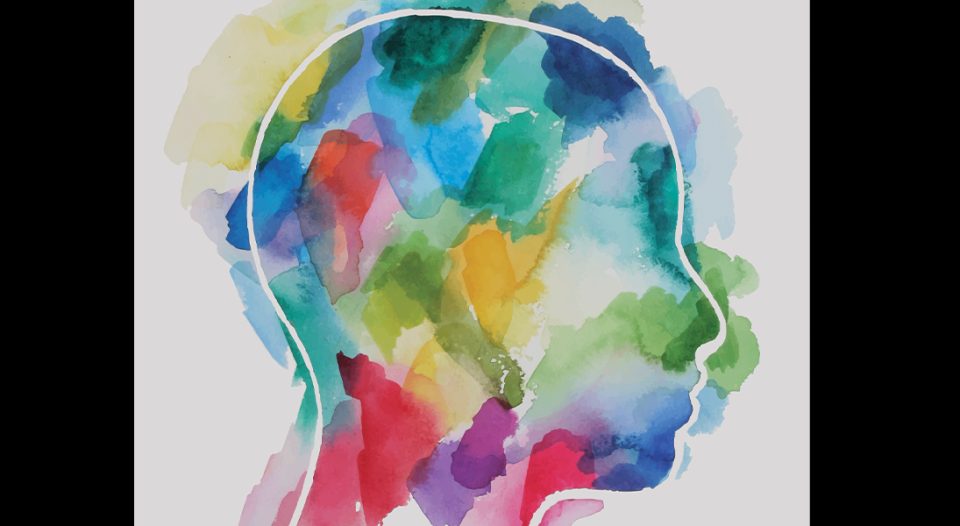Five years ago, the beginning of the COVID-19 pandemic marked incredible upheaval in almost every aspect of our lives. At the time, many Christians reflected on how the pandemic was an “apocalypse,” a Greek word found in the New Testament for “revealing.” We witnessed what people will do to care for each other—but also what people will do to take advantage of others in the face of disaster.
We connected more through the internet, but we also grew more extreme and polarized on social media. The economy rose and fell and, as so often happens, the rich got richer and the poor got poorer. Those in power gained more influence, while those struggling were pitted against each other. There were new advances in mental health care—virtual resources for talk therapy and community surged, and prescriptions for necessary psychiatric medications increased—but there was also an increased need for mental health care, creating scarcity when we needed abundance most.
Christian conversations around mental health have progressed significantly in recent decades. We have come to appreciate how the brain, like all our other organs, can get sick and require medical care. Prayer and faith play a role in improving our spirits, but we also visit doctors, take medications and even undergo surgery to help us live longer and better lives. Just like the rest of the body, the brain can benefit from medication, therapy and lifestyle changes.
As we continue to learn more about how to care for our minds, let’s remember two core truths:
Healing takes time.
Antidepressants and other psychiatric medications are sometimes imagined as “magic in a bottle,” fixing problems with the first dose. In reality, finding the right medication to treat symptoms of mental illness can be a grueling process. After my daughter was born, I struggled with postpartum depression and anxiety. Between referrals, testing medications and follow-ups, it took over six months before I received the right medication and dosage.
Depictions of therapy in movies and other media can also suggest it’s a fast fix. (Recall Robin Williams undoing Matt Damon’s impenetrable defenses with the simplest “It’s not your fault” in Good Will Hunting.) But therapy can be another long journey, from finding an available therapist in network to balancing regular appointments against all our other obligations. Just getting to therapy is a process—and then there’s the actual work of reviewing painful memories and anxieties to uncover how we might move forward in ways that are better integrated with our core sense of self.
Our habits and behaviors also play a significant role in our mental health. Some people boost their mood through physical activity; others reconnect with nature or spend quality time with friends. But once again, this takes time—a rare commodity today. We might be trying to juggle family schedules, second jobs, and caring for children or aging parents. Those of us living with mental illness might see in the need for self-care another black mark against us: “I’d feel better if I were getting a walk in every day. Why can’t I just do it?”
This brings us to our second core truth:
Healing takes community.
Five years ago, we learned how much we need each other. We need intentional time together, whether in-person or virtual, when we feel that others see and value our presence. We need compassion and kindness, where others witness our hurts and necessities. And we need the opportunity to care for and act on behalf of others, giving our own lives purpose. All these things create support systems for mental health, providing space and time for healing to occur without isolation or despair.
It’s no surprise that God knew this about us long before COVID-19. People of God have come together for millennia, not just for worship or Scripture study but also to listen to each other’s stories and experiences. In most Bible story settings, communal living is assumed, with multiple generations in the same tent, house or close-knit tribe. From the Israelites’ first steps into the wilderness with Moses to our church today, the people of God are commanded to care for the sick, the poor, the widowed, the orphaned and the oppressed.
Acts of communal meaning-making are essential for living out our faith. When we know and are known by others, we embody God’s welcome to us just as we are. When we reflect on our own needs and ask for help, we honor the image of God in us. And when we care for those in need and advocate for change, we follow Jesus’ command to love our neighbor as ourselves.






